
Have you ever wondered how top comedians consistently churn out side-splitting material that resonates with audiences night after night? While it might seem like pure magic or effortless genius, the truth is that behind every spontaneous laugh and perfectly timed punchline lies a disciplined, strategic approach to writing. Crafting truly effective stand-up comedy isn’t just about being ‘naturally funny’; it’s about learning, applying, and optimizing proven techniques that transform raw ideas into polished, hilarious routines.
This isn’t about rigid formulas that stifle creativity, but rather a set of empowering principles and actionable tricks that guide the creative process. Much like a skilled artisan hones their craft, comedians cultivate their material through understanding fundamental mechanics, embracing their authentic voice, and developing smart writing habits. These are the lessons gleaned from years of collective wisdom in the comedy world, designed to help aspiring and seasoned comics alike elevate their game.
We’re about to dive deep into the essential, time-tested strategies that form the bedrock of great stand-up comedy writing. From shaping your unique perspective to understanding the very nature of humor itself, these insights will equip you with practical steps to find ideas easier, write more confidently, and ultimately, craft material that consistently lands with impact. Get ready to hack your humor and unlock your comedic potential with these foundational tricks.
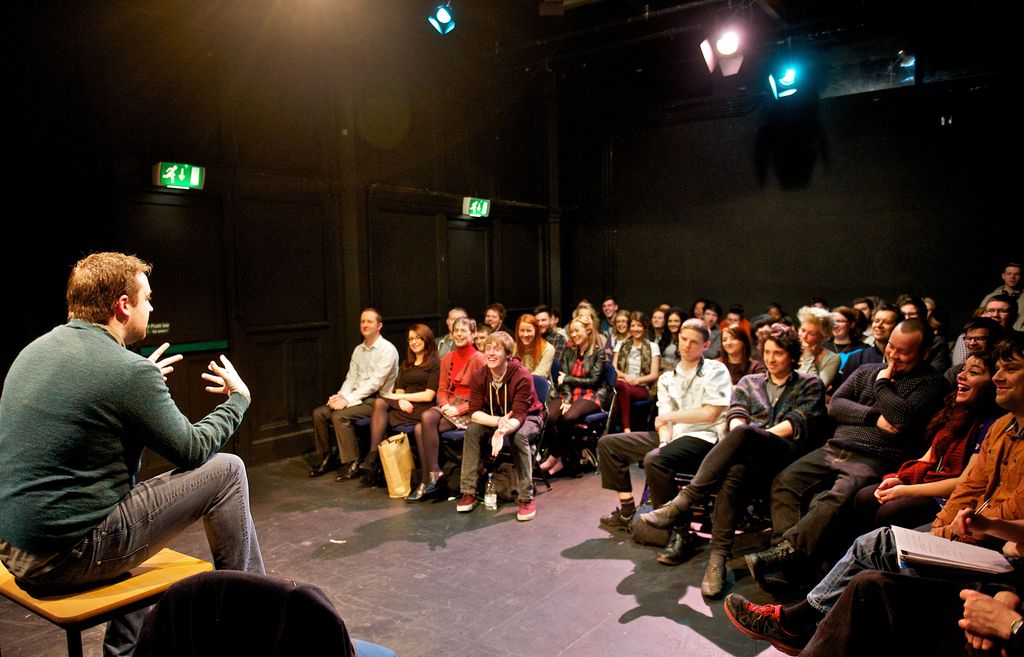
1. **Define Your Unique Point of View (POV)**One of the most critical steps in becoming a compelling comedian is establishing a clear and authentic point of view. Comedians who lack a defined POV often struggle to connect with audiences, their material feeling generic and uninspired. It’s not enough to simply talk about ‘stuff’; you need to bring a distinct perspective to your observations and experiences.
Developing a strong POV isn’t just about having an opinion; it’s about making that opinion inherently *you*. When you find the right point of view, writing funny jokes becomes significantly easier because your reactions and interpretations provide a unique lens through which the audience can experience the world. This distinct perspective is what allows you to stand out in a crowded comedy landscape and forge a memorable identity.
Don’t be afraid to embrace and double down on your authentic point of view, even if it feels a little ‘crazy’ or unconventional. More often than not, audiences will identify with your genuine, unfiltered reaction to a situation. This shared understanding builds a strong rapport, leading to bigger laughs and a deeper connection. Your POV isn’t a place to ‘air on the side of caution’—it’s where your comedic power truly lies.

2. **Uncover the Comedic Conflict**At the very heart of all humor, whether it’s a stand-up routine, a movie scene, or even a blooper video, lies comedic conflict. Understanding and effectively creating this conflict in your material is not merely a suggestion; it’s a fundamental principle of comedy. Seriously, this is Comedy 101, and mastering it makes writing genuinely funny jokes much, much easier.
Without an identifiable comedic conflict, your writing will inevitably fall flat. You can try to write punchlines or witty observations all you want, but if there isn’t an underlying tension, incongruity, or struggle that drives the humor, the jokes simply won’t land. The audience needs to perceive a clash of expectations, a relatable absurdity, or a character’s struggle against some force to find it funny.
Learning how to weave comedic conflict into your stories is an incredibly effective way to create captivating narratives that pack a punch. It’s the engine that drives the joke, providing the essential tension that the punchline then resolves, twists, or heightens. By consciously identifying and integrating conflict, you transform mere anecdotes into powerful comedic pieces that resonate deeply with your listeners.
Read more about: 13 Shocking Celebrity Firings: From Set Dramas to Unseen Voice Recasts
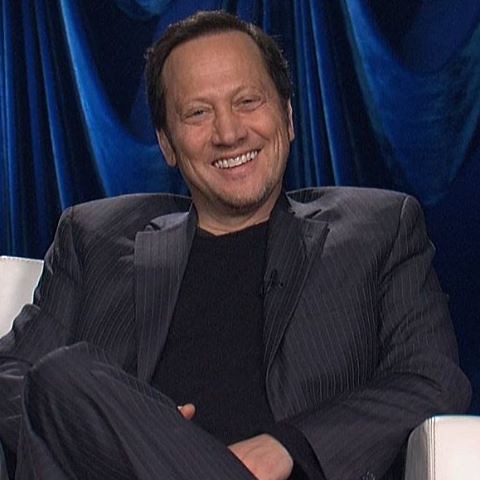
3. **Harness Your Authentic Self**Audiences come to see *you* – your unique personality, your experiences, and your perspective. The more genuinely ‘real’ you are on stage, the more powerfully they will respond to your material. It’s a common conundrum among aspiring comedians: they’re hilarious with friends but find their routine material feels lifeless and humorless. The key often lies in tapping into their authentic self.
Being a great stand-up comedy writer isn’t about rigidly applying a series of comedy techniques or formulas. In fact, focusing too heavily on these can often stifle your natural comedic voice. It’s counter-intuitive, but developing hilarious material is often easier when you prioritize understanding core principles of comedy, with comedic conflict being paramount, rather than getting bogged down in prescriptive methods.
By focusing on these core principles, you create space for your authentic self – the funny person you are with friends – to naturally shine through in your material. This genuine connection is what truly engages an audience, making your jokes feel personal, relatable, and deeply humorous. Don’t try to be someone else; let your true comedic personality lead the way.
Read more about: Taste of Tenacity: 14 Cuisines Refusing to Yield Their Soul to Modern Global Techniques

4. **Separate Writing from Analyzing**One of the fastest routes to writer’s block and frustration in comedy is attempting to both write and analyze your material at the same time. This seemingly efficient multitasking actually grinds the creative process to a halt. When you’re constantly evaluating how funny your ideas are as you’re generating them, you disrupt the natural flow of creativity.
Here’s why this simultaneous approach is so detrimental: judging an idea requires breaking it apart, scrutinizing its components, and assessing its effectiveness. In contrast, the process of *creating* ideas is about combining disparate thoughts, letting associations form freely, and expanding possibilities. These two cognitive processes are literally opposites, making it impossible to do both effectively at the same moment.
The solution is simple yet profoundly effective: break your writing process into distinct phases. Dedicate time to writing for *quantity*, where the goal is to get as many words, ideas, and joke premises down on paper as possible, without judgment. Subsequently, allocate separate time for writing for *quality*, where you revise, tweak, and polish your material until it consistently gets the desired laughs. This separation allows you to give complete focus to each task, optimizing both creation and refinement.
Read more about: Beyond ChatGPT: 15 Game-Changing Ways AI Will Revolutionize Your Life by 2030

5. **Cultivate Creative Flow**Creative flow, that invaluable state where ideas seem to pour forth effortlessly, happens when you cease the incessant internal checking and over-analyzing of your work. Various creativity researchers have consistently demonstrated this principle. When you find yourself in that sweet spot of creative momentum, resist the urge to interrupt it by questioning or dissecting your material prematurely.
While easier said than done, the payoff for maintaining this flow is immense. Trust in the process and just let the ideas come. Write down as much as you possibly can without pausing to consider its immediate comedic value or perfection. The goal in this phase is pure output, capturing every thought, every premise, every turn of phrase that comes to mind.
Beginning to analyze your comedy writing too early is like slamming the brakes on a finely tuned engine. You’ll instantly break the flow, losing momentum and potentially forgetting brilliant nascent ideas. Think of it like running a marathon: you wouldn’t turn around every 15 seconds to check your progress. Stay in the zone while you have it; analysis and refinement can always wait for a dedicated session later.
Read more about: An Unforgettable Time: Iconic Comedians & A Hollywood Legend Depart, Marking the Quiet of a Comedic Force
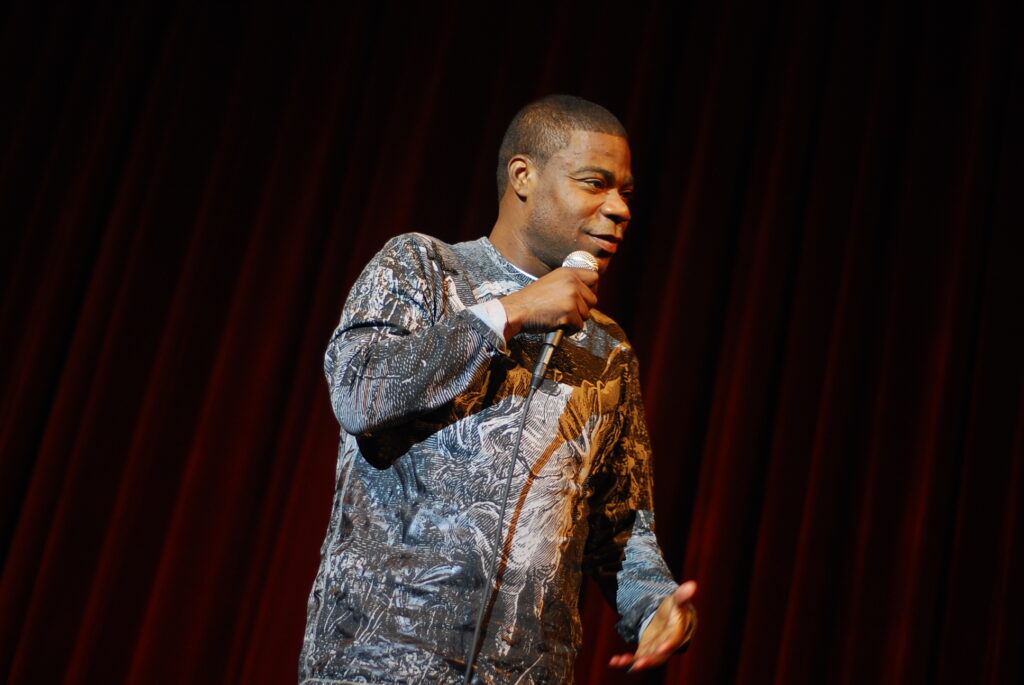
6. **Master Comedy’s Core Mechanics**Stand-up comedy has a rich, long history, and the generations of comedians who have preceded us have, through trial and error, figured out what truly works and what doesn’t. Aspiring comedians shouldn’t attempt to build an entire career purely through experimentation; instead, they should actively learn the established principles and mechanics of comedy writing and performing. Embrace this wisdom early on to accelerate your growth.
It’s astonishing how many comedians neglect this fundamental aspect of their craft. When you genuinely understand how to apply the core principles of comedy, not only does the act of writing and performing become significantly easier, but you also become a far more effective and impactful writer. This knowledge empowers you to craft jokes with precision and confidence, moving beyond guesswork to deliberate comedic construction.
Great comedy, at its core, starts with great writing, and that foundation rests on understanding fundamental principles. As Louis C.K. insightfully notes, “Comedy is truth, and it’s easier to make people laugh when you are honest.” This idea is echoed by legends like George Carlin and Richard Pryor, who masterfully used humor to explore uncomfortable truths and challenge societal norms, creating laughter from profound honesty and exaggeration.
Every successful joke, regardless of its style or subject matter, adheres to a basic structure: a setup and a punchline. Steve Martin, a master of comedic timing and construction, famously observed, “Comedy is the art of controlled chaos.” The brilliance of a joke lies in its ability to lead the audience down one path with the setup, only to then surprise them with an unexpected twist in the punchline, which is precisely what generates the laugh. Grasping this underlying structure is key to building compelling material.

7. **Commit to Daily Writing**Consistency is a superpower in comedy writing. Rather than waiting for inspiration to strike, or only writing when you ‘feel like it,’ cultivate a deliberate daily writing habit. This could mean setting aside a specific time each day, or simply committing to finding at least ten minutes to write, no matter how busy you are. Even if nothing immediately ‘great’ emerges, the act of consistent engagement is invaluable.
Writing every day provides a crucial incubation period for your ideas. By regularly revisiting your material, even for short bursts, you allow nascent thoughts and concepts to develop and mature between writing sessions. This ensures that when you return to your work the next day, you often have a fresh perspective and an expanded pool of ideas to draw from, making subsequent sessions more productive.
Beyond generating new content, daily writing also helps you break free from a single, stagnant perspective on your existing material. It allows you to approach jokes from different angles, identify new connections, and uncover hidden comedic potential that might be missed with infrequent sessions. Engaging in regular writing exercises, as highlighted in expert tips, is a fun, informative, and highly effective way to consistently craft funny punchlines and solidify the foundations of great comedy writing.
Read more about: Unlocking Your Creative Potential: The 12 Essential Free AI Tools Reshaping Content Creation in 2025

8. **Embrace Iterative Rewriting for Material Evolution**Your best comedic material is rarely, if ever, a first draft. It’s a common misconception that brilliant jokes simply spring fully formed from a comedian’s mind. The reality is that great comedy isn’t written; it’s painstakingly rewritten, refined, and reshaped through a deliberate, iterative process. This commitment to continuous improvement is a non-negotiable hack for material that truly shines and endures.
Think of your initial draft as a sketch, not a masterpiece. The goal in this early stage is simply to capture the core idea or premise of a joke. Get it down, even if it feels raw or unpolished. This first pass serves as your baseline, a starting point from which to build and sculpt. It’s a tangible representation of your comedic seed, ready for methodical cultivation.
Once that initial idea is on paper, the real work of evolution begins. Comedians typically test their jokes in front of live audiences, carefully gauging reactions and identifying exactly which parts land and which fall flat. This isn’t about rote memorization and delivery; it’s an ongoing cycle of performing, observing, revising, and then performing again. This real-world feedback loop is indispensable for understanding your material’s true potential.
The path from a basic premise to a perfectly crafted punchline can be extensive. Many top comedians report revising and testing a single joke 20, 30, or even 50 times before they consider it in its final form. This isn’t a sign of failure but a testament to their dedication to excellence and their understanding that humor often lies in the precise wording, timing, and unexpected twists that only emerge through rigorous refinement. This process, while demanding, is the most efficient route to consistently hilarious and impactful material.
Read more about: 14 Simple Ways to Use ChatGPT to Craft a Professional Resume
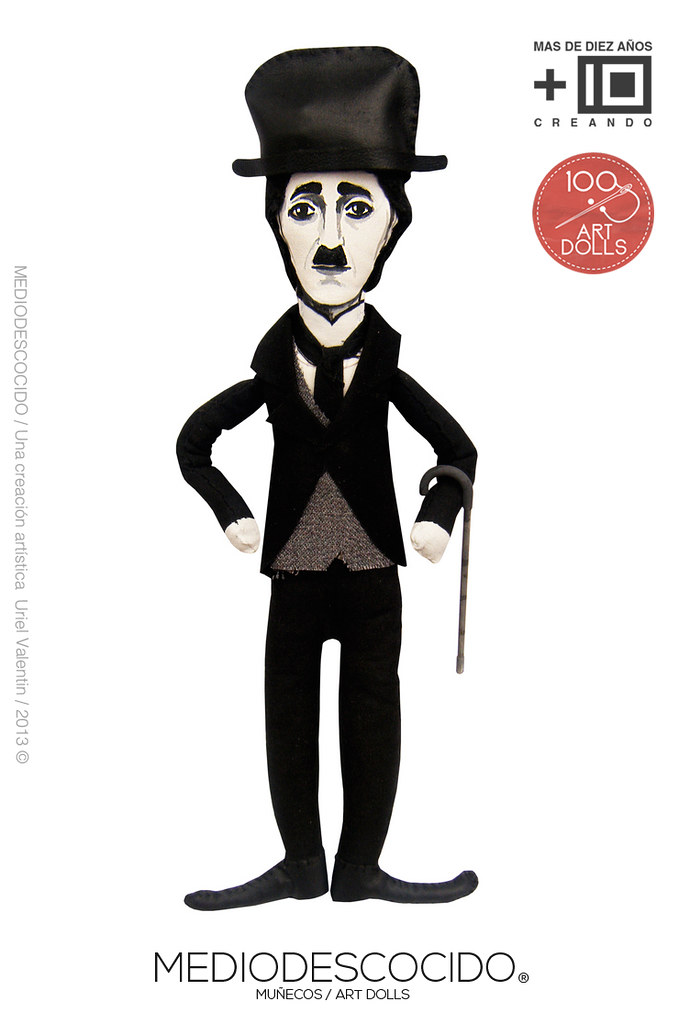
9. **Diversify Your Writing Strategies Beyond Rigid Formulas**In the quest for comedic gold, it’s tempting to seek out a singular, foolproof system for writing jokes. Many comedy teachers, in an effort to simplify the process, might present a step-by-step formula: “All you do is step one, two, and three… then repeat.” However, relying exclusively on one method is a quick path to predictable material and a limited comedic voice. Audiences are incredibly perceptive; they will quickly catch on to repetitive patterns, making your set feel manufactured rather than spontaneous and authentic.
The true hack here is to understand the underlying *principles* of comedy that those systems attempt to codify, and then transcend the systems themselves. Instead of adhering rigidly to a formula, internalize what makes a joke work – the setup, the punchline, the unexpected turn, the relatable truth, the comedic conflict. Armed with these foundational principles, you can then adapt your approach, blending techniques and experimenting with different structures to keep your material fresh and engaging. This flexibility is crucial for building a substantial, dynamic 45-minute set that maintains audience interest.
Think about it strategically: if you employ the exact same writing strategy as everyone else, you’re destined for the same results – potentially stagnating at open mics indefinitely. The comedy landscape is competitive, and standing out requires more than just following instructions. It demands innovative thinking and a willingness to break conventional molds once you’ve understood them.
As Steve Martin’s journey eloquently demonstrates in “Born Standing Up,” the power lies not in the system, but in the comedian who understands principles and applies them with a unique point of view. Betting on a comedian who deeply grasps comedic principles and possesses a strong, authentic POV will always yield greater dividends than one who merely follows a rigid, albeit “amazing,” system. Your goal isn’t just to write jokes; it’s to develop a versatile comedic arsenal.
Read more about: The Unofficial Guide: Liberating Your Style – 13 Fashion Rules Women Over 60 Are Confidently Breaking This Season
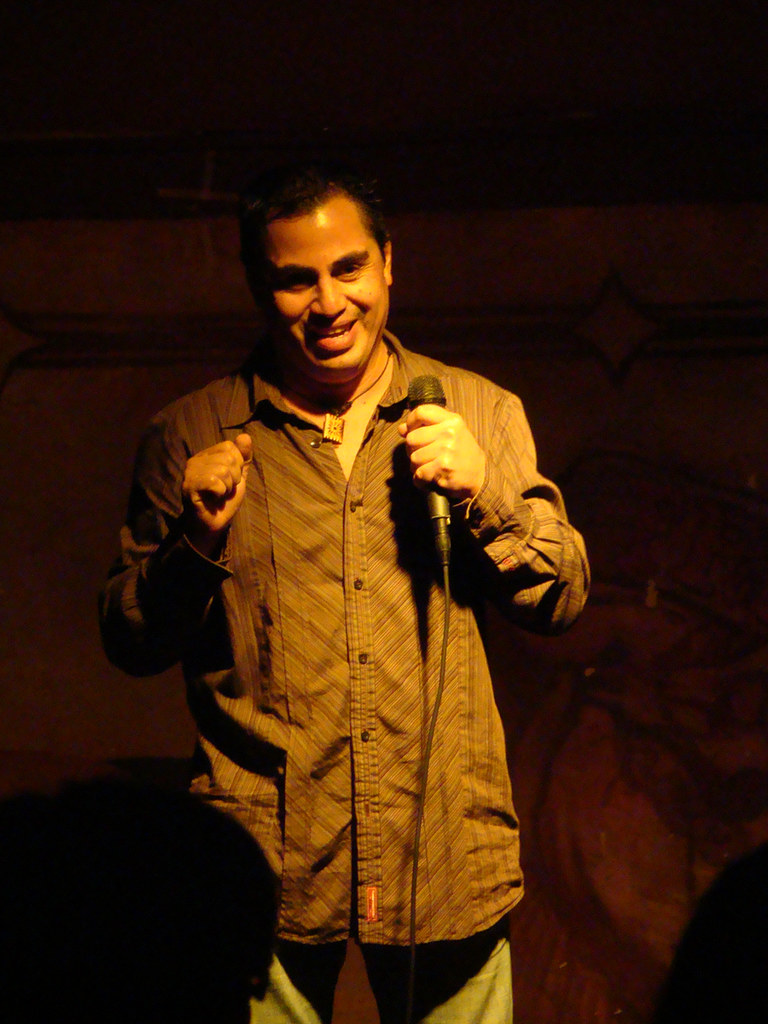
10. **Optimize Your Set List for Maximum Impact**A stand-up comedy set is far more than just a collection of individual jokes delivered in random order. Each joke is like a paragraph in a book; it doesn’t stand alone but interacts with what comes before and after it. Strategic sequencing of your material is an advanced technique that can dramatically elevate the overall impact and consistency of your performance. Continually switching around the order of your jokes is a crucial trick for finding the most effective flow and maximizing audience engagement.
This optimization process often involves creating “bits,” which can be thought of as chapters in your comedic book. A bit is a cluster of jokes or observations that share a common theme, creating a cohesive narrative thread. By arranging your material into these thematic chunks, you can build momentum, allow ideas to develop, and transition smoothly between different topics. This structured approach helps the audience follow your comedic journey and deepens their connection to your perspective.
Consider the crucial role of placement, especially for openers and closers. An early joke can set the tone and establish your persona, while a closer should leave the audience on a high note, wanting more. Misplacing a joke can lead to unexpected and undesirable audience reactions, as seen in a regrettable experience shared by one comedian. They recount moving a beloved “elk closer” joke, known for its silly, lighthearted reception, to the opener spot. The result was an audience that, unfamiliar with the comedian’s persona, interpreted the joke as dark or shocking, leading to confusion instead of laughter.
It took several minutes of different material to regain the audience’s favor. This vivid example underscores the importance of intentional set construction. By continually restructuring and testing your joke order, you can refine your transitions, amplify your punchlines, and ensure that your entire performance builds to a powerful, consistent comedic experience. Treat your set list as a dynamic tool for optimization, not a static script.
Read more about: Unlocking Your Creative Potential: The 12 Essential Free AI Tools Reshaping Content Creation in 2025

11. **Harness Self-Expression to Fuel Your Material**If you’ve ever sat down at your computer with the stern directive to “think up jokes,” you likely found yourself staring at a blank screen, frustrated and devoid of inspiration. This is because effective comedy writing isn’t about conjuring punchlines out of thin air; it’s fundamentally about self-expression. The most potent and relatable material stems from genuinely exploring your own thoughts, frustrations, experiences, and observations. This isn’t just a tip; it’s a foundational principle for sustainable and impactful comedy.
Use your dedicated writing time not as a joke factory, but as a space for unfiltered personal exploration. Talk about what truly bothers you, the absurdities you encounter in daily life, your past relationships, your triumphs, your embarrassments – whatever resonates deeply within you. When you tap into these authentic wellsprings of experience, your material automatically gains a layer of sincerity and originality that algorithms or formulas can never replicate. It becomes uniquely *yours*.
The immense power of comedy lies in the audience’s ability to identify with the comedian and their material. When you don’t express your true self on stage, when your words lack genuine connection to your inner world, you risk sounding like you’re merely “saying words” to an audience. Without that emotional and intellectual resonance, listeners won’t be able to identify with your perspective, and the humor, no matter how technically sound, will fall flat. They need to see a part of themselves in your experience to truly laugh with you.
Read more about: Behind the Badge: What Cops Secretly Observe About Your Custom Chopper Ride

12. **Optimize for Excellence, Not Elusive Perfection**The pursuit of perfection in comedy writing is a surefire path to creative stagnation and profound frustration. If you demand that every joke be flawless from its inception, you’ll quickly come to loathe your writing time, paralyzed by the fear of inadequacy. This relentless self-critique stifles the generative process, preventing ideas from even reaching the page. The pragmatic truth in comedy is that until a joke is tested on stage, you simply cannot know if it’s truly funny. The audience is the ultimate arbiter, not your internal critic.
Even the most celebrated comedians, those whose names are synonymous with comedic genius, do not achieve perfection in isolation. They rigorously test their material, understanding that the live stage is the only true laboratory for humor. When you’re developing new material, it exists by its very definition in an unknown state. To expect it to be perfect immediately is to misunderstand the iterative nature of comedic craft.
A more effective and empowering approach is to accept that absolute perfection is an impossible, counterproductive standard. Instead, shift your focus to striving for excellence, which is a continuous journey of improvement. Embrace the uncertainty of new material, view each performance as a learning opportunity, and commit to the ongoing process of revision and refinement. This mindset liberates you from self-imposed pressure, allowing you to create and experiment freely.
By optimizing for excellence, you transform potential failures into valuable data points. Each laugh and each silence provides actionable feedback, guiding your next iteration. This pragmatic approach not only makes the writing process more enjoyable but also accelerates your growth as a comedian, ensuring that your material consistently evolves towards its funniest, most impactful form.
Read more about: The Little-Known Company That Sells 90% of All Smartphone Camera Lenses

13. **Cultivate Uniqueness to Become Unforgettable**In the vast and vibrant landscape of stand-up comedy, simply being “funny” is a requirement, not a distinguishing advantage. To truly ascend and build a lasting career, you must cultivate uniqueness. If you aspire for audiences to remember you long after the applause fades, you must give them a compelling reason to do so. This isn’t about being quirky for quirkiness’ sake; it’s about developing a distinct comedic fingerprint that sets you apart from every other performer on the bill.
History consistently demonstrates that comedians who achieve ultimate success—those whose names become synonymous with comedic innovation—all share one fundamental trait: they were unique. This truth has held firm since comedy began and will continue to be the bedrock of enduring comedic careers. Audiences are inherently drawn to novelty and originality. They crave something fresh, a perspective they haven’t encountered before.
Once you’ve met the minimum threshold of quality, once your jokes consistently land and you can competently command a stage, your uniqueness becomes the most crucial factor in your long-term success. Being 5% funnier than the next comedian might not make you memorable, but offering something entirely new and interesting will. This isn’t just about crafting jokes; it’s about crafting an identity that resonates deeply and leaves an indelible mark.
Think strategically about what makes *you* irreplaceable. What personal experiences, observations, or delivery styles can only come from you? Investing in and amplifying these unique elements is the ultimate hack for transitioning from a good comedian to a truly remarkable one. It’s the difference between a fleeting laugh and a loyal, lasting fanbase.
Read more about: The Resurgent Roar: Unearthing Eight Forgotten Luxury Car Brands Poised for a Modern Comeback
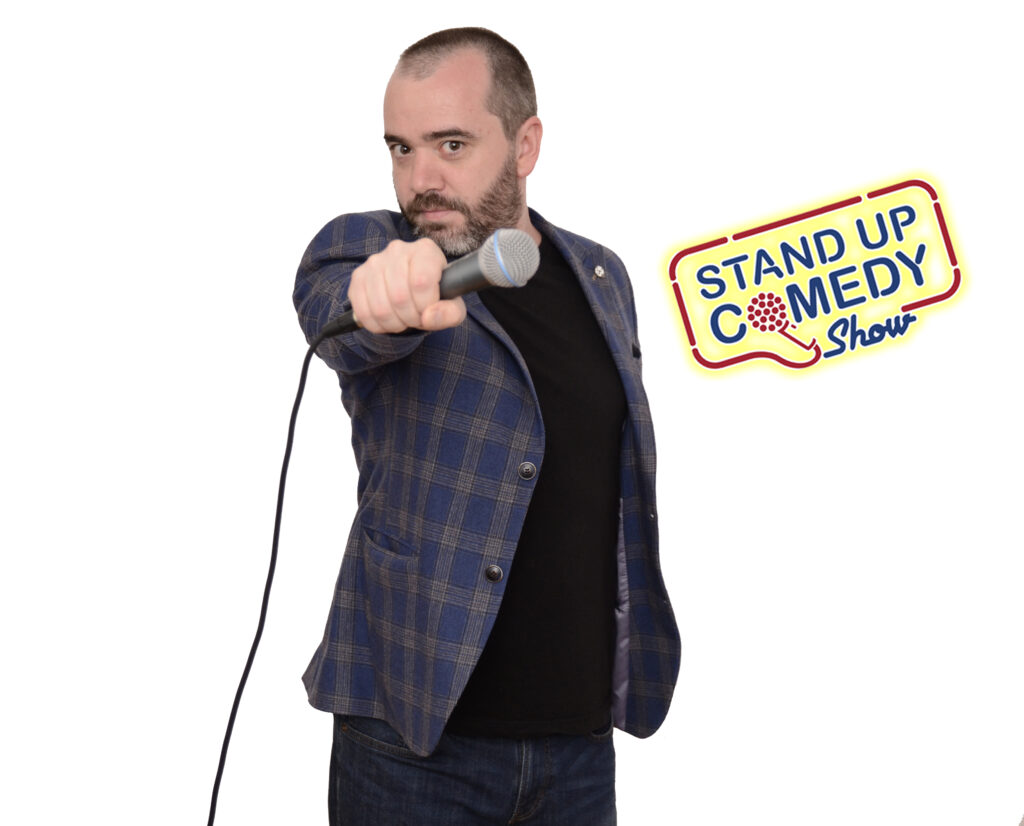
14. **Transition from Emulation to Unique Creation**The comedy world already boasts legends like Chris Rock and Jerry Seinfeld, masters who have carved out their distinct niches. It doesn’t need another iteration of them. Aspiring to be a “look-a-like,” no matter how hard you work or how adeptly you mimic, will invariably relegate you to the status of a “wanna-be.” This isn’t a criticism of early influences, but a pragmatic observation about the path to true comedic impact and enduring success. Your ultimate goal should be to find and cultivate your own persona, not to stand in the shadow of another.
It’s entirely natural, and even beneficial, to begin your comedic journey by emulating comedians you admire. This initial phase, often termed “emulation,” serves as a crucial learning period. You test out their styles, experiment with their joke structures, and internalize the mechanics of what makes them funny. This isn’t about stealing material, but about understanding the principles at play. It’s the practical workshop where you learn your craft and gain confidence on stage.
However, the true evolution of your career lies in the transition from emulation to “creation.” After absorbing lessons from those you admire, the critical step is to identify what *specifically* works for you and then lean into that unique discovery. This is where you move beyond imitation and begin to forge your own authentic persona, a comedic identity that is inherently and undeniably yours. This journey involves shedding borrowed mannerisms and voices, allowing your true self to emerge.
Developing this unique comedic voice is a powerful, long-term strategy for success. It ensures you’re not just another voice in the crowd, but a distinct presence that offers something novel and compelling to audiences. Your individual perspective, shaped by your experiences and authentic self-expression, is your greatest asset. Embrace this two-stage process: learn from the best, then bravely step forward to become the best *you* can be, creating a legacy that is entirely your own.
Read more about: Unleash Your Inner Gamer: The 14 Essential Retro Consoles You Can Grab Right Now for Unforgettable Journeys Back in Time
Mastering stand-up comedy writing isn’t about unlocking a single secret; it’s about systematically applying a suite of intelligent, actionable strategies. From the relentless pursuit of rewriting to the courageous act of self-expression, and the strategic cultivation of a unique voice, these advanced hacks empower you to transcend the ordinary. By embracing iterative improvement, diversifying your approaches, and constantly optimizing your craft, you’re not just writing jokes—you’re engineering a sustainable, impactful comedic career designed for long-term success. So go forth, hack your humor, and transform your comedic aspirations into a powerful, unforgettable reality.



